Dhaka, Nov 30 (V7N) – The government has decided to halt the establishment of independent power producer (IPP) plants under the current policy, instead requiring private sector players to operate under the Merchant Power Plant Policy (MPPP). Under this policy, the government will purchase a maximum of 10-20% of the electricity produced, according to Power and Energy Adviser Dr. Fouzul Kabir Khan.
Speaking at a seminar titled “Rapid Transition to Renewables: Role of Domestic Financial Institutions” organized by the Economic Reporters Forum (ERF) on Saturday, Dr. Kabir explained the transition. Unlike the previous system, where the government guaranteed the total electricity from IPPs, private producers under the new policy must sell their power to buyers through the government grid system, paying a wheeling charge.
Dr. Kabir highlighted flaws in past financing practices, where projects were approved based on personal connections rather than investor assets. This, he said, led to loan defaults, with banks discovering empty balance sheets for borrowers such as S Alam and Beximco.
He emphasized the importance of renewable energy (RE), particularly for the export-oriented garment sector, stating there is no alternative to RE in meeting electricity demands. Additionally, he dismissed claims that land scarcity is a significant barrier to solar power projects, noting that vast unused lands in government departments could be utilized for solar energy.
The adviser also opposed tax exemptions for importing solar components like inverters and panels, advocating instead for local production similar to India’s approach. He rejected calls to reconsider 37 canceled solar power projects previously selected under the Speed Increase of Power and Energy Supply (Special Provision) Act 2010, as the High Court has already annulled the law.
The seminar, chaired by ERF President Mohammad Refayet Ullah Mirdha, included presentations by CEPR Chairperson Gouranga Nandy and discussions with Centre for Policy Dialogue’s Dr. Khondaker Golam Moazzem, City Bank’s Ashanur Rahman, and CLEAN CEO Hasan Mehedi.
Dr. Kabir urged businesses to compete fairly in the power and energy sector, saying the era of securing contracts through favoritism has ended.
Dr. Khondaker Golam Moazzem noted that banks hesitate to finance renewable energy projects due to their long-term nature, while Gouranga Nandy called for specific guidelines to encourage greater investment in solar energy.
END/MSS/AJ



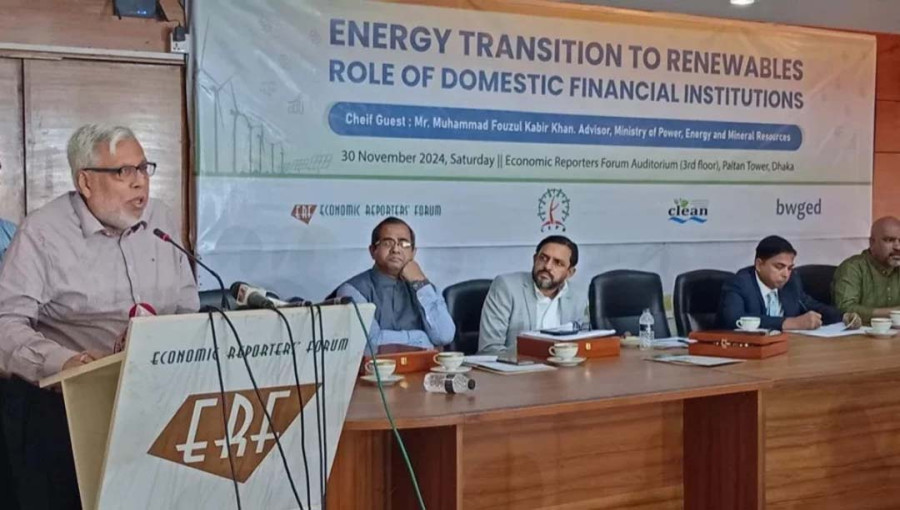

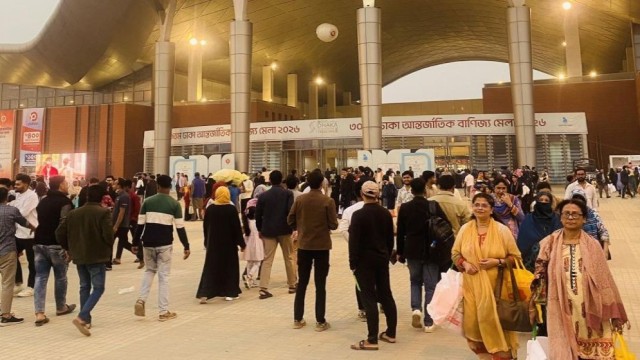


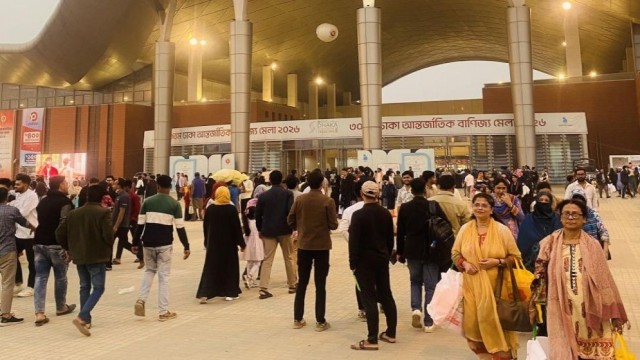

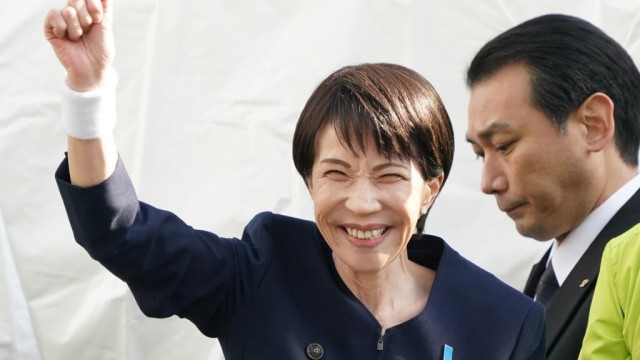



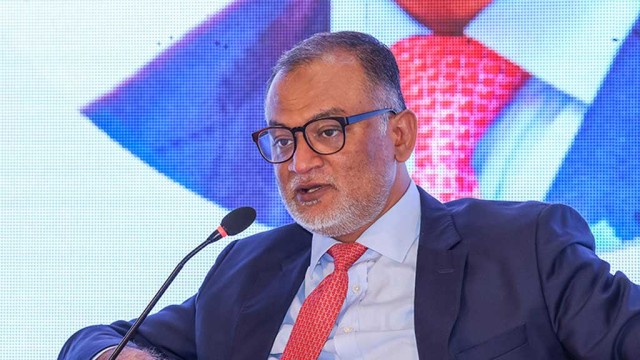



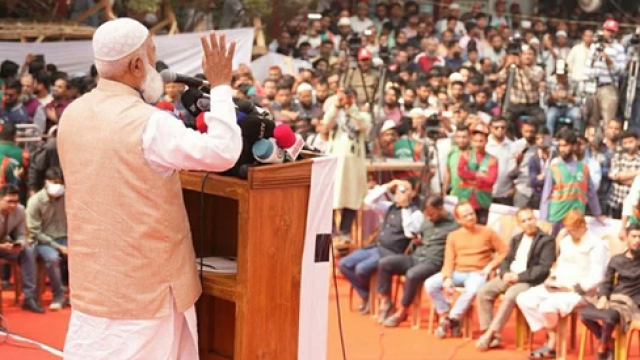











Comment: